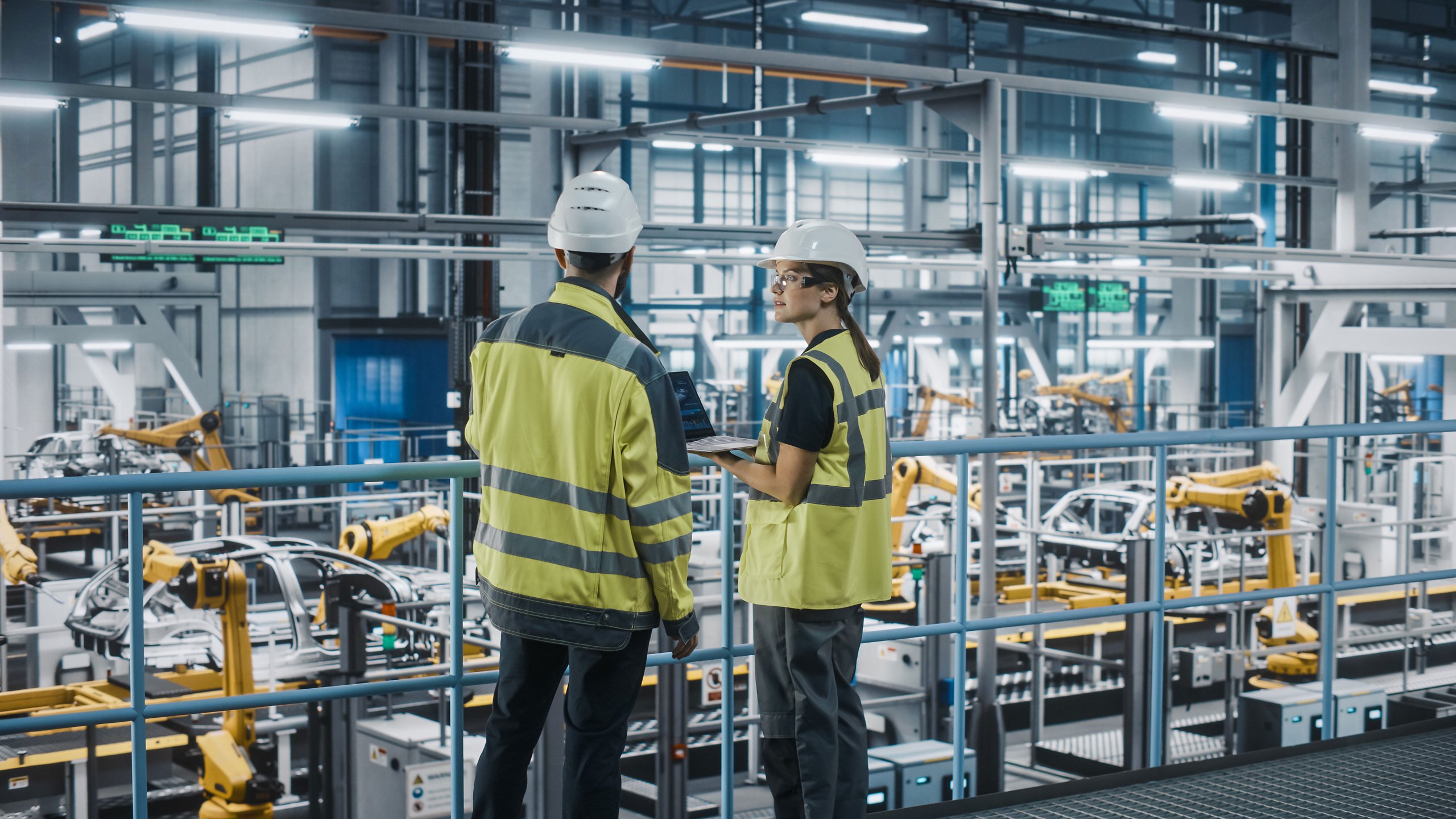In the modern manufacturing sector, arguably the most important attribute a manufacturer can have is flexibility. That doesn’t just mean flexibility in terms of product offerings, or being able to adapt quickly to unforeseen circumstances, but the ability to change how machinery is utilized, depending on pressing need.
The sector now moves at a quicker speed than ever, and – with no sign of slowing down any time soon – no one can say that what is happening on one day will be the same on the next. There could be a requirement to change small things on a machine, such as altering the package size or shape, or even the contents of a certain package.
With this mentality now hardwired into the industry, manufacturers need to ensure they have equipment which can efficiently work within today's structures, but also support quick, seamless adaptations in order to future proof operations. This requires a tricky balancing act whereby industry leaders need to be prepared for the future without sacrificing effectiveness or efficiencies today.
This aim is made more difficult due to the necessary sustainability requirements which manufacturers need to facilitate – such as increasing the life cycle of a machine – again without impacting flexibility. However, balancing these different aspects of manufacturing operations all comes back to focusing on one area of the business: technology that encourages flexible processes.



